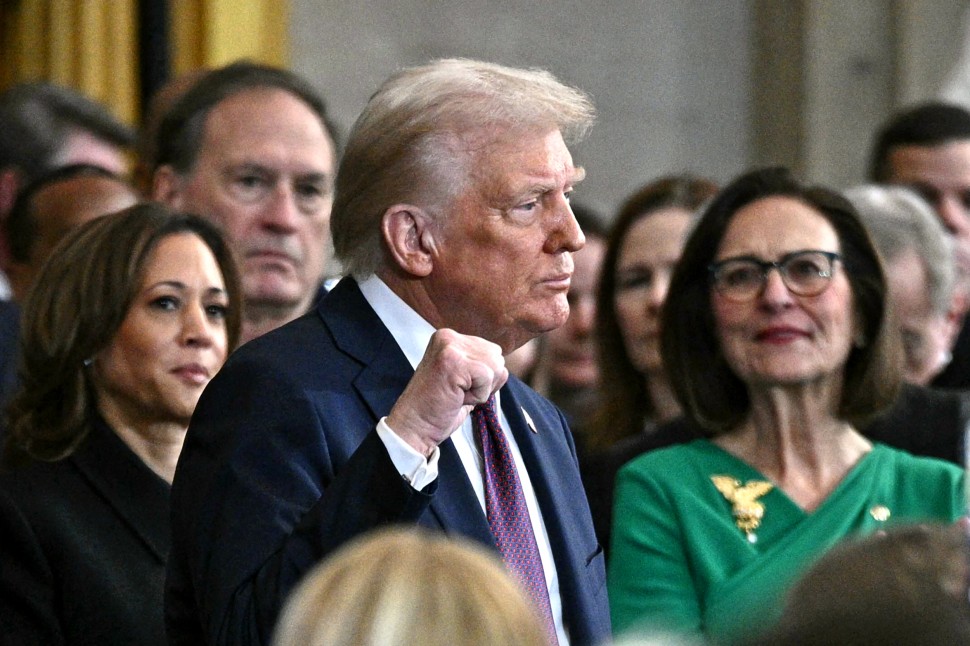
Donald Trump officially became the 47th President of the United States Monday, dedicating his first address to the nation to map out his plans for the country over the next four years. In his "America First" agenda, he vowed to crack down immigration and increase border security, including designating Mexican cartels as foreign terrorist organizations.
This isn't the first time the Republican president has promised to enact this designation upon these organizations. In late, 2019, Trump appeared close to designating Mexican cartels as terror organizations but held off at the request of then-Mexican President Andres Manuel Lopez Obrador. Since then, Republicans up and down the ballot have floated the idea, including introducing legislation that would make the designation official.
Using this designation could preface the use of military force on Mexican soil. At the same time, it could also lead to tougher financial penalties and legal ramifications in the US against those involved, according to CNN. Experts argue that it could strain the relationship between the U.S. and Mexico.
If the Trump administration follows through, Mexican drug cartels like the Sinaloa and Jalisco cartels, would join ISIS, Boko Haram, Hamas and others in the list of foreign terrorist organizations.
Trump has been vocal about his plans to curb the influence of drug cartels. He has threatened to drop bombs on fentanyl labs and send special forces to take out cartel leaders, an incursion that could violate Mexico's sovereignty and disrupt relations with the United States' largest trading partner, CNN reports.
The designation to the drug cartels would have to be initiated by the secretary of state, in coordination with the attorney general and treasury secretary, who would then notify Congress.
The designation seems to be floating in the minds of Republicans in Congress. Last week, during Florida Sen. Marco Rubio's confirmation hearing to become the next secretary of State, Republican Senator Dave McCormick of Pennsylvania asked about the possibility of going through with the designation. Rubio said he, along with the President, would consider the "tool" as a measure to deal with the criminal organizations.
Trump has built a platform promising to combat illegal immigration and drug trafficking, specifically related to fentanyl. He has blamed Mexico for the drug influx into the U.S., and promised to enact a 25% tariff on Mexican imported goods. But designating cartels as "terrorists" would be one step further, according to The Independent.
"Designating cartels as terrorist organizations would be a strategic error with unpredictable consequences for both countries," a senior official at the Mexican Embassy told El Pais.
If the designations don't ultimately occur, federal agencies have other tools at their disposal to crack down on transnational criminal organizations. Under the Biden Administration, the Department of Homeland Security launched an interagency effort, committing $50 million and surging 1,300 personnel in Latin America to tackle human smuggling networks. It remains unclear whether the Trump administration will continue these efforts.
Originally published on Latin Times




